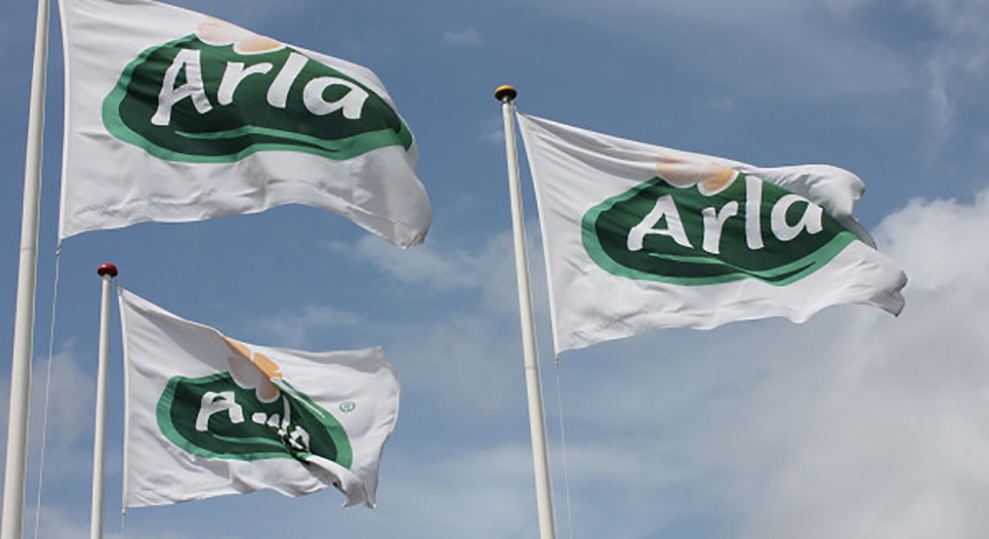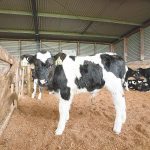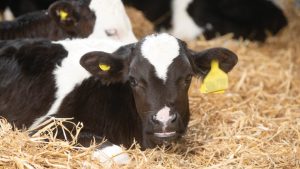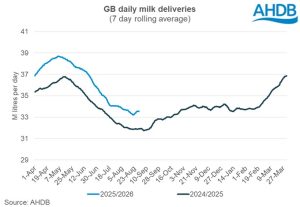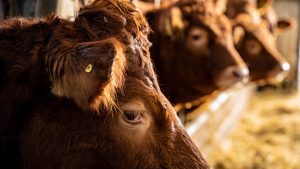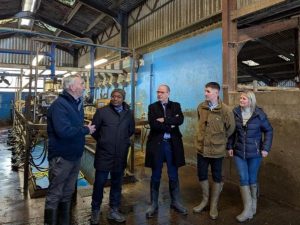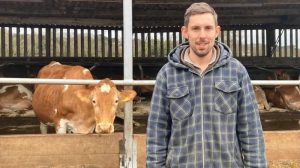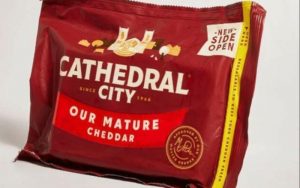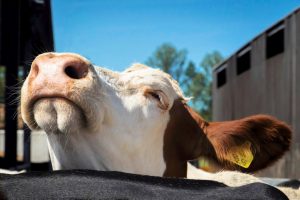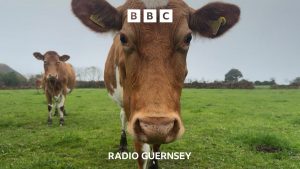
The collective findings of the carbon footprints of 1,964 UK dairy farms have been released by the farmer-owned co-op Arla, which says the data is being used to cut emissions from its milk production.
The findings, summarised in a new report, A Sustainable Future for British Dairy, show that Arla’s UK farmers are already producing milk with 1.13kg CO2e per kg of milk, around half the global average.
It also details the most common areas where farmers will focus to reduce emissions further, and the emerging technologies being trialled.
The co-op says the data will help it meet its targets of a 30% emissions reduction per kg of milk at farm-level by 2030, a first step on its journey to carbon net zero.
Arla farmer and board director Arthur Fearnall said: “There are a lot of differences in how dairy is produced around the world. As a co-operative, Arla farmers want to help the public understand dairy farming better. We have put a huge amount of time and investment into collating the data which we will now use to make decisions on farm.
“I hope our report is another step on that journey to provide better food education. We want the British public to feel the same sense of reassurance and pride about just how committed Arla farmers are to producing their dairy products as sustainably as possibly.”
According to the report, Arla’s raw milk emissions come from six key areas on farm:
– cow digestion (46%)
– cow feed (where and how it is produced) (37%)
– manure handling (9%)
– energy production and usage (5%)
– emissions from peat soils (1%)
– all other areas grouped together (2%).
The report also finds that there is no one way to farm sustainably, arguing that farmers who balance their resources successfully are those whose farms create the lowest emissions.
The report highlights the newer technologies and current research and trials which have Arla involvement:
– Research to identify how to quantify and speed up carbon sequestration (the process of carbon being taken out of the atmosphere by trees, grass or hedgerows), which will naturally offset some of Arla’s emissions in the future given 79% of Arla’s farm land is used to grow grass.
– Implementing precision slurry spreading techniques, currently used by 53% of UK farmers which can help reduce air born emissions of ammonia by between 30% and 90%.
– Supporting current research efforts across the scientific community to provide greater clarity around the difference in impact of methane vs CO2 due to their lifespans, and the further consideration that needs to be given to the cycles of biogenic methane and how these are accounted for.
– Harnessing the power of slurry as a source of energy and fuel through anaerobic digestors on farm, and as a potential future fuel source for Arla’s milk tankers
Increasing the renewable energy produced on farm, with 27% of Arla farmers already producing green energy from wind or solar.
– Developing and trialling new technologies that will continue to enhance animal welfare on farm such as Arla UK 360’s Happy cow measure and cow scanner trials.
Graham Wilkinson, group agriculture director for Arla Foods, said: “We know that to feed a growing population, we have to produce natural, nutritious and affordable food that is made in the most sustainable way. Dairy can and should be part of a sustainable diet and our new report is a major step forward in demonstrating just how much action is already underway across Arla farms as we move towards carbon net zero dairy production.
“I’m really pleased that our farmer owners have collated this data and agreed to release it. All food production creates emissions, but our farmers are stepping up to help with the climate and environmental crisis we face. If we want more biodiversity, fewer emissions through natural processes and a reduced reliance on ultra-processed foods, then the only answer is to support British farmers, who already have many of the answers, but not always the financial resources to implement them.”
Arla says its climate check is one of the world’s largest externally validated sets of carbon footprint data for farms. Since launching last year, 7,990 farms across seven European countries have submitted data to 203 questions covering the number of animals, feed composition, crop production, use of fertiliser, manure handling, use of electricity, fuel and renewable energy. This data has then been validated by external assessors in every market a process which will be repeated annually.
